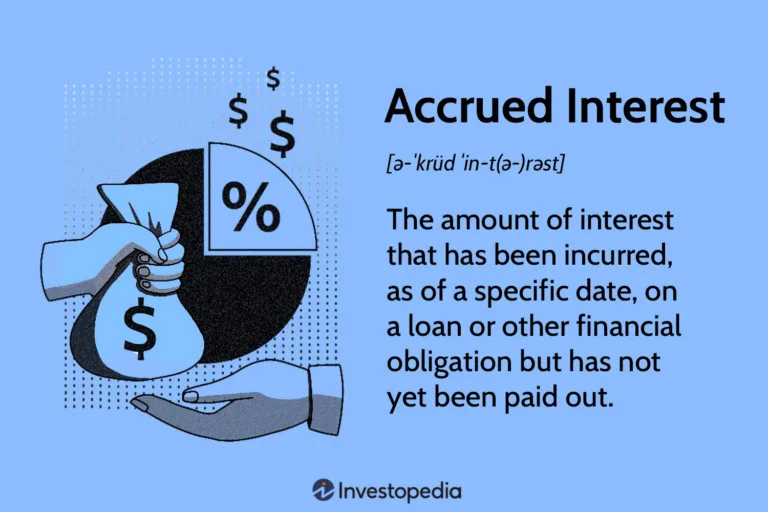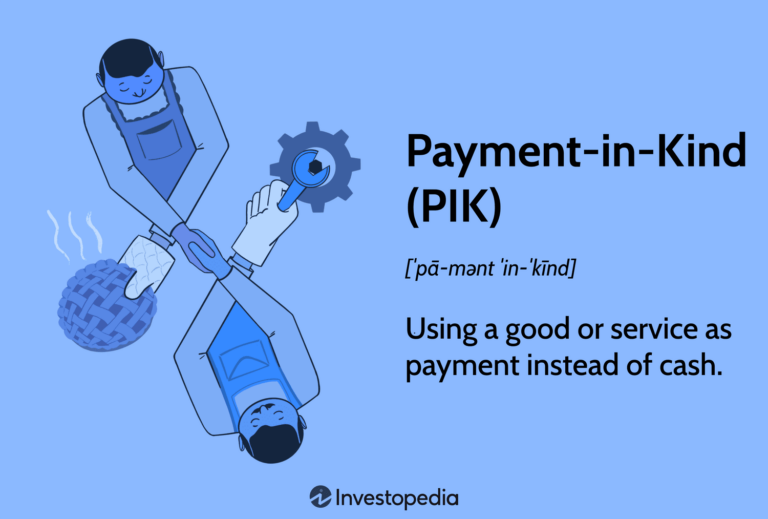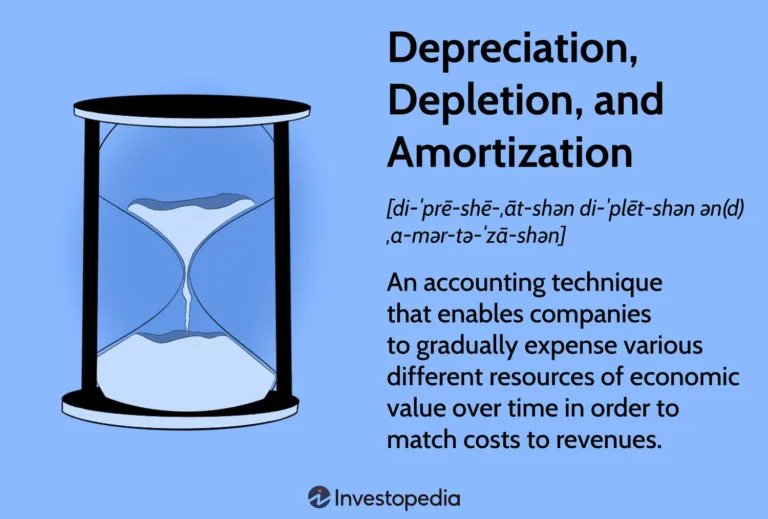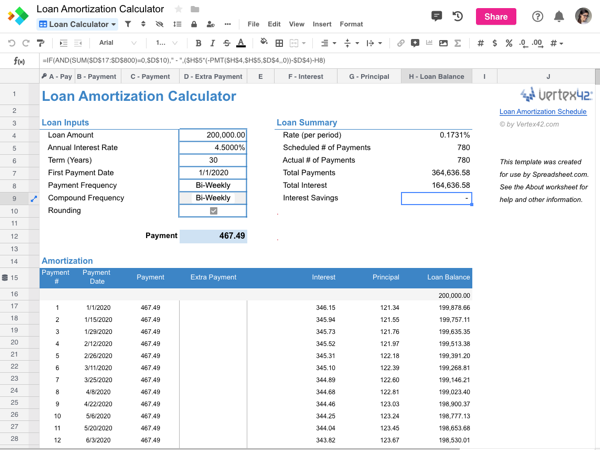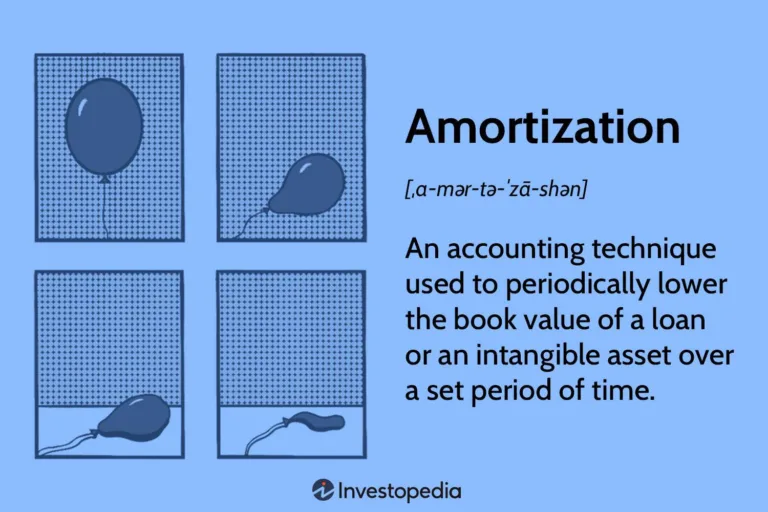Is Accrued Interest Good Or Bad? Discover the Truth Behind It!
Accrued interest can be either good or bad depending on the situation. Credit: www.fool.com The Concept Of Accrued Interest Is Accrued Interest Good Or Bad? Accrued interest is a financial term that refers to the interest that has been earned but not yet paid or received. It is a concept that affects both borrowers and…
